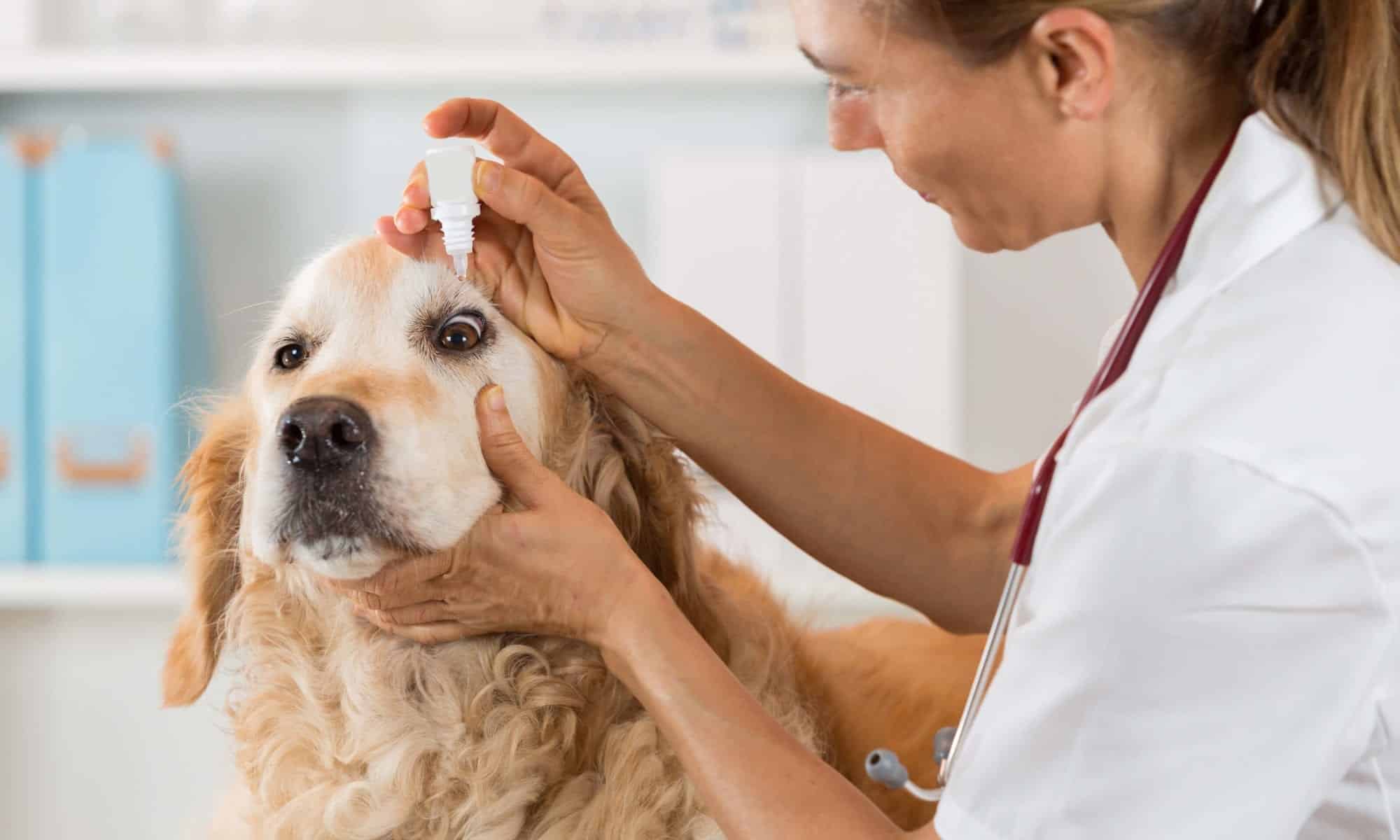How to be Proactive About Your Dog’s Vision

Dogs can go blind for a multitude of reasons, from disease to old age. The most common reasons for blindness in dogs are cataracts, diabetes, and high blood pressure. If your pup is losing vision, they will show signs, and it will be up to you as the owner to be aware of these symptoms and catch them early on. If they go untreated, there could be serious consequences that lead to permanent blindness. Therefore, a focus on prevention is critical. Let’s talk about what vision loss looks like in dogs, and how we can be proactive about your dog’s vision.
How can you tell if your dog is losing their eyesight?
Symptoms of Canine Vision Loss
Here are some telltale signs that your pup is developing vision loss.
- Cloudy eyes that have a bluish-gray cast. This can indicate that your dog has cataracts, which can lead to permanent blindness if left untreated.
- Exhibiting signs of anxiety by being reluctant to jump on or off the bed.
- Bumping into walls or out-of-place furniture, like a chair that was pulled out and not where it is normally placed.
- Trouble locating food, treats, or toys.
- Showing signs of aggression because the loss in vision left them feeling vulnerable.
Diabetes and high blood pressure have been linked to blindness in dogs
Does your pup have pre-existing health conditions like diabetes and high blood pressure? If that is the case, you should be extra vigilant about their vision.
Diabetes often comes hand-in-hand with cataracts. Cataracts are more commonly found in Smooth Fox Terriers, American Cocker Spaniels, Havanese, Bichon Frise, Silky Terriers, Miniature and Standard poodles, Miniature Schnauzers, and Boston Terriers.
High blood pressure has also been linked to a variety of eye problems, like retinal detachment.
If you start noticing any of these signs in your pup, call your vet right away because it is important to catch symptoms early. This is to ensure that your pup has the best chance of recovering their vision.
Can you prevent blindness in dogs?
You absolutely can! The best method to prevent blindness is to be proactive. Since you see your dog every day, you would be the first to catch small changes in your dog’s eyes. Check your dog’s eyes regularly in a well-lit area. Things to look for are:
As a preventative measure, we suggest that you clean around your pup’s eyes regularly. Trim the hair around the eyes so that hair or discharge does not build up around their eyes. Also try not to let your dog hang out the car window because more often than not, pebbles or other small objects have landed in pups’ eyes.
Support your dog’s vision with nutrient-rich food!
Here is a list of recommended fruits and vegetables to help support your pup’s vision:
- Blueberries
- Carrots
- Broccoli
- Cold-water fish
- Eggs
- Garlic
- Kale
- Pumpkin
- Sweet potatoes
A lot of pet parents have found success in combining a few cups of these fruits and vegetables in a food processor with a half cup of water and using that as a meal topper.
Focus on Prevention is Critical & K9 University Can Help!
At K9 University Chicago, our canine experts are here to assist you with any of your dog’s needs. While it is important that you are proactive about your dog’s vision, you should also be proactive about your dog’s overall health. So if you have any concerns about ear infections, parasites, or keeping your pups’ coat nice and sleek, we have a lot of resources on our K9U blog!
We even offer grooming services at K9 University, so if your dog needs a trim around the eyes and a little cleanup, you can register for a pampering session here! We offer excellent dog grooming services that make it easy and affordable.
As always, your dog’s vet is the person who should be addressing any and all canine medical needs. Their recommendations will ensure your furry friend is healthy and happy.
We would love to hear from you!
Please contact us! If you would like to talk more about being proactive about your dog’s vision or our doggie daycare program.


